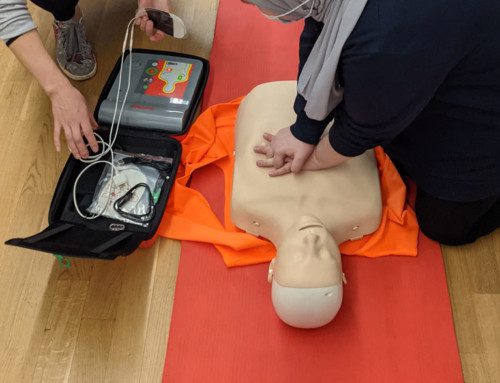Youth athletes frequently gravitate toward their favorite sport at a very young age, oftentimes denying wishes to participate in a second or third sport. Sometimes, this happens at the urging from a parental figure or coach, to give the child an "edge up" on the competition. Does this really help the child, or does this mentality do more harm than good? In 2013, Dr. Jayanthi published an article that discusses the benefits and risks of "early specialization," including both the physical and psychological impacts this may have on the athlete.
As defined by Dr. Jayanthi and his colleagues, sports specialization is "intense, year round training in a single sports with the exclusion of other sports," and has trended from 9% to 12% of children UNDER the age of 6 from 1997 to 2008. He noted that these numbers rise with each age group. The authors cite numerous articles that found early diversification actually leads to more success, rather than early specialization – likely attributed to more physical, cognitive, and psychosocial environments.
According to the article, training for one sport while excluding others can:
- contribute to psychological stress
- increase the likelihood of burning out, resulting in ceasing involvement in sports
- exponentially increase the risk of injury (increases due to volume of exposure, ratio of training versus competition exposure, and age of specialization)
With these findings, Dr. Jayanthi and colleagues suggest that moderate specialization is ideal, withholding strict modification to late adolescence. If you have questions regarding sports specialization, injury prevention, or skill development, contact your SetPT physical therapist for more information.
**The author of this article, Dr. Jayanthi, is a highly-respected orthopedic physician, conveniently located in Atlanta, Ga, who has a special interest in youth athletes, tennis medicine, and sports performance.





